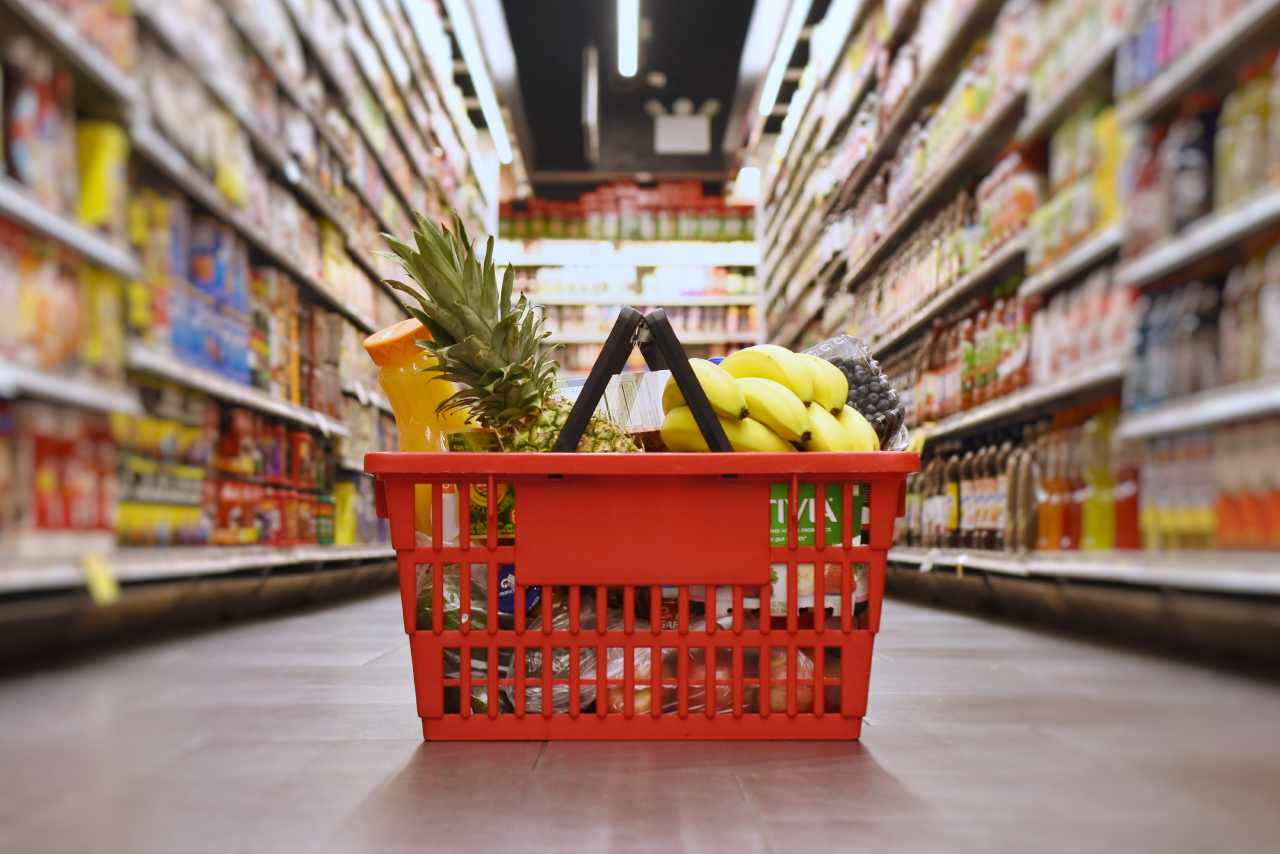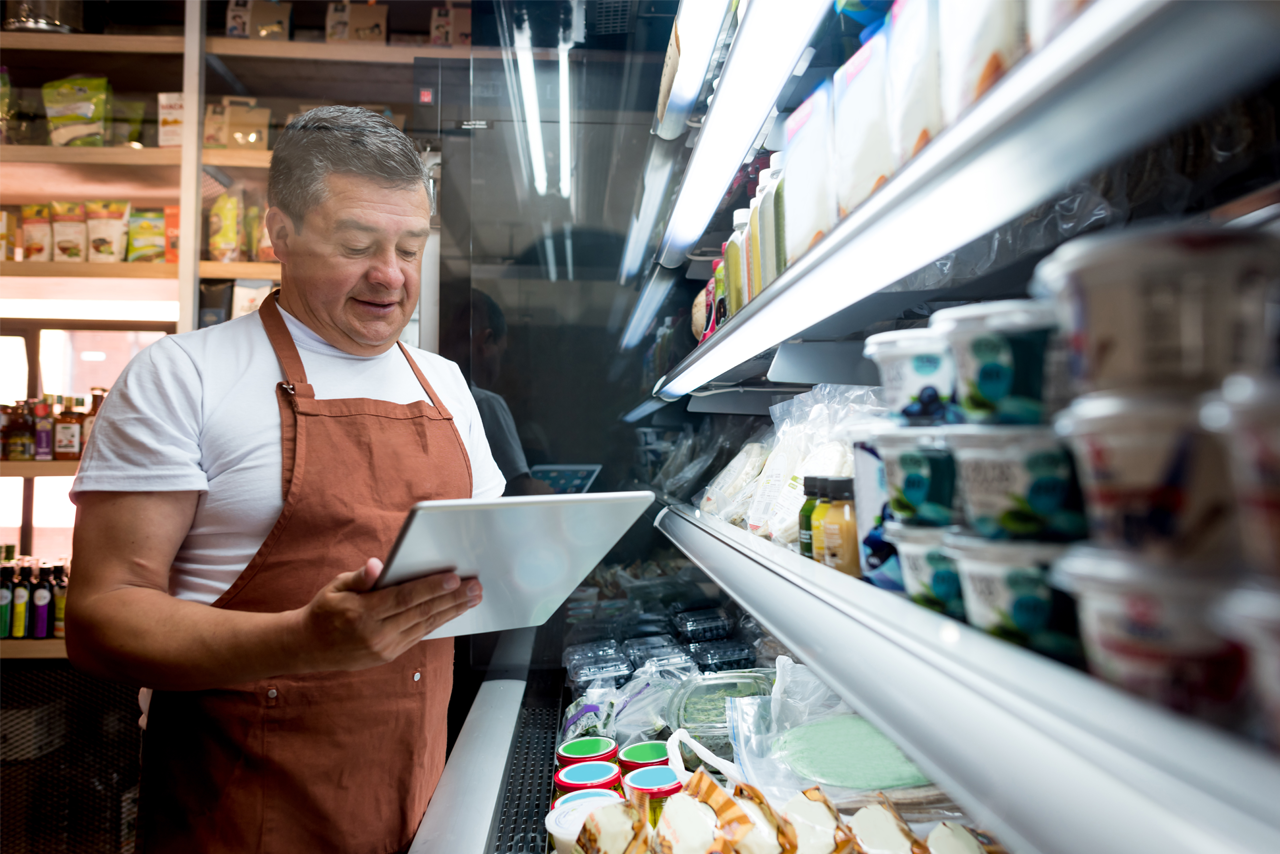From experiencing the joy of that invigorating morning coffee, delighting in the scrumptious birthday cake, and conquering the challenge of pleasing your kids at dinnertime, all these cherished moments are made possible thanks to a reliable food supply chain, where the pivotal figure of a food trader shines as the driving force.

Conquering food traders' challenges: Unleashing the power of digital solutions
From experiencing the joy of that invigorating morning coffee, delighting in the scrumptious birthday cake, and conquering the challenge of pleasing your kids at dinnertime, all these cherished moments are made possible thanks to a reliable food supply chain, where the pivotal figure of a food trader shines as the driving force.
Food Traders are acutely responsible for supplying and maintaining the supply chain across the world starting from the farmers to the end consumers. The food we consume has its own journey, one that begins on some farm then follows a complex maze of supply chain and lands up on our plate. Along the way, food traders and the food industry face a myriad of challenges.
In this blog, we will explore some of the most pressing challenges faced by food traders from across the world.
1. Procurement challenges
Food traders face a variety of procurement challenges that affect their ability to source and distribute products efficiently. Some common challenges include:
- Price volatility: Rapid price fluctuations resulting from unstable geo-political situations, banking crisis and changing weather conditions impedes and slows down the supply chain and affects the consumers as well.
- Limited access to suppliers: Food traders may struggle to find reliable suppliers who can provide the products they need at a competitive price.
- Quality control issues: Ensuring the quality and safety of food products can be a major challenge for traders, particularly when dealing with perishable items.
- Logistics and transportation: Getting products from suppliers to customers can be a complex and costly process, particularly for traders who operate across multiple regions or countries.
- Regulatory compliance: Food traders must comply with a range of regulations related to food safety, labeling, and import/export requirements.
2. Food safety and quality concerns
Food safety and quality are of paramount importance and food traders must ensure their products meet strict safety and quality standards. However, ensuring food safety and quality can be challenging due to factors such as inbound challenges of packaging, labeling and more, logging information in decentralized record system raising risk of errors, lack of visibility and stock control in warehouse, and more. These challenges are known to compound and take unique forms in different countries based on their location and monetary conditions.
3. Regulatory compliance
The food industry is one of the most heavily regulated industries in the world, and food traders are facing a growing number of challenges related to compliance with these regulations. From food safety to labeling requirements, there are a wide range of regulations that food traders must navigate to bring their products to market.
Food traders must navigate a complex web of regulations that govern the import, export, and distribution of food products. These regulations can vary significantly between countries and can change frequently, making compliance a challenging task.
Also read: Managing risk and regulatory compliance in your CPG manufacturing supply chain
4. Reliance upon legacy systems
Relying upon spreadsheets for maintaining vast amount of supply chain data leads to excessive use of manpower and time. However, its main drawback is generating faulty and error prone information which can lead to delay in decision-making. Also, with different versions of the same data existing on a system, leads to confusion and frequent interpretations of a singular analysis. Another chief reason that spreadsheets are a relic is also due to their insecurity. Unlike a dedicated cloud-based platform, spreadsheets can be disseminated to anymore, anywhere with few clicks. This leads to a possibility of data leaks and breaches. Also, visualizing data is a challenge as it is time-consuming.
Now that we have discussed some of the pertinent roadblocks, let us turn our attention to the future, where the solution is simple and digital.
Digital solutions to pave the way
The food trading industry is fraught with challenges, but food traders can proactively adopt strategies and to successfully navigate these obstacles. By addressing issues such as fluctuating commodity prices, food safety and quality concerns, regulatory compliance and more, food traders can ensure their long-term success and contribute to a more sustainable and efficient global food system. Some of the ways to do so, is to choose a dedicated and secure cloud-based solution that is configured to match a particular company’s needs. With a digital solution any organization or trader can access their sensitive information, get accurate real-time analysis and generate better results.
Other resources

Food industry: Addressing the key challenges in trading and managing commodities
The business of producing and distributing food and beverage products is fraught with uncertainties and instability.

Are outdated ERP systems holding back food companies from efficiently managing commodity trading risks?
Here’s food for thought: effective risk management in commodity trading is crucial for achieving success in food businesses.